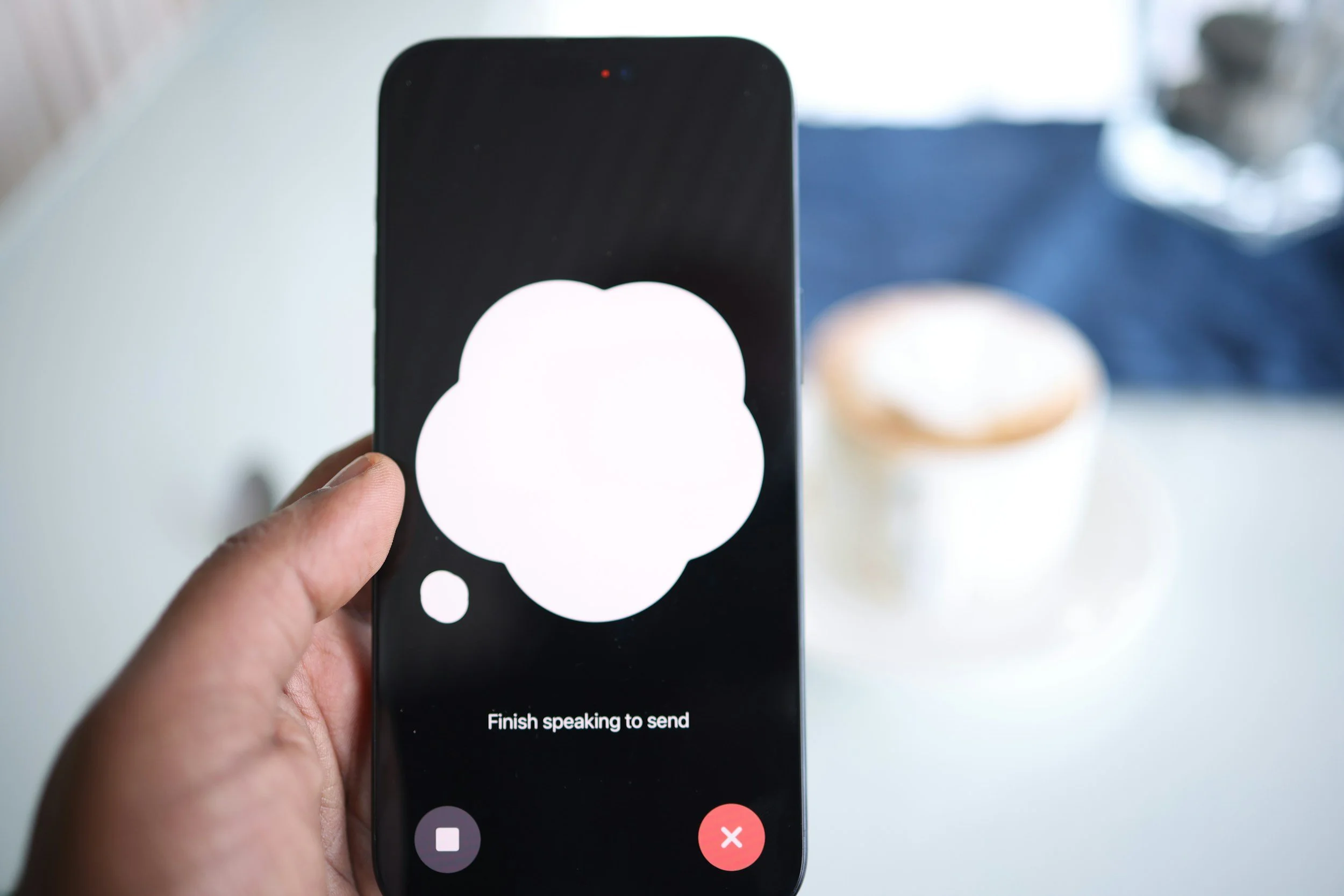More Info, More Confusion? Google & ChatGPT Health Advice
A Conversation About Technology, Health Information & Human Connection
A few years ago, I wrote a post called “Is Google Your Doctor?” about the growing trend of turning to the internet for medical advice. I had many patients coming in with self-diagnosed conditions and wanted confirmation about what they had read. Or I had the patients that were terrified that there benign symptoms might be cancer. Fast forward to today, and the conversation has expanded. Now we have intelligent tools like ChatGPT, health tracking apps, symptom checkers, and AI-powered diagnostics — all designed to make information more accessible than ever before.
But while technology in healthcare has made remarkable strides, it’s important to pause and ask: is more information always better? And are these tools replacing something essential —
the human connection, strategy, and personalized care that true healing often requires?
Let’s explore this together.
1. How Technology Has Changed Medical and Patient Care
There’s no denying it — technology has transformed the way we manage our health.
Today, you can:
Track your heart rate, sleep patterns, and blood sugar with wearable devices.
Look up symptoms, treatment options, and natural remedies with a quick online search.
Use AI tools like ChatGPT to explain lab results or suggest lifestyle changes.
Even conventional healthcare systems are integrating telemedicine, AI-based diagnostic tools, and virtual health coaches. This increased accessibility empowers people to be active participants in their health, saving time, money, and reducing the intimidation that often comes with medical jargon or in-person consultations. Its save time, money and the need for wait times.
2. The Rise of Google, ChatGPT & AI for Health Advice
People are increasingly using Google and AI tools like ChatGPT to:
Research symptoms and conditions before deciding whether to visit a doctor.
Look up natural remedies, Ayurvedic herbs, and home treatment options.
Create diet or exercise plans based on popular trends or AI recommendations.
Find online communities for support and shared experiences.
And on the surface, this seems helpful. It’s fast, free, and convenient — giving people a sense of control over their well-being. But does it come at a cost?
3. The Pitfalls: When Too Much (or Misguided) Information Can Be Harmful
But here’s the reality: technology can be a double-edged sword.
Information without context can lead to:
Misdiagnosis: It’s easy to mistake a minor symptom for a serious illness — or overlook warning signs when self-diagnosing through a screen.
Overwhelm: Endless scrolling through articles, forums, and AI suggestions can leave you more anxious and confused than when you started.
Generic advice: AI tools, while intelligent, don’t know you. Your unique health history, lifestyle, emotional patterns, and (from an Ayurvedic perspective) your body type (dosha) matter immensely when determining what’s right for you.
Mismatched remedies: For example, someone with a fiery Pitta constitution might read an AI-recommended diet high in spicy, stimulating foods — worsening their imbalance without realizing it.
While tools like ChatGPT can offer general education and even interesting insights, they lack the nuance to recognize how a recommendation might affect you personally.
4. Is ChatGPT Your Doctor? The Value of Human Guidance
Technology can be a helpful ally when used wisely. It can:
✅ Provide general education.
✅ Help you ask better questions at your next appointment.
✅ Offer reminders about lifestyle habits and track progress.
But it’s not a replacement for human care.
In today’s world, what people truly need isn’t just more information — it’s a STRATEGY. A personalized, thoughtful plan that respects your whole being: mind, body, and spirit. And sometimes, most importantly, you need someone experienced in your corner — to help interpret, filter, and prioritize where to start and what matters for you.
Why Work with a Naturopathic or Ayurvedic Doctor?
As a practitioner in this field, my role isn’t just to provide information — it’s to:
✨ Understand your unique constitution, health history, and current challenges.
✨ Create a personalized strategy for your healing journey that we co-create in discussions.
✨ Offer both conventional insight and time-tested natural approaches that have worked for so many people.
✨ Provide the human connection, accountability, and compassionate guidance that no app or AI can replace.
Because real healing happens through conversation, intuition, and relationship — not just algorithms.
Final Thoughts
Technology will continue to evolve, and it’s wonderful that tools like ChatGPT can empower people to learn about their health. We are way more educated than one generation ago. But remember: more information isn’t always better. Personalized guidance and teamwork is what leads to true, sustainable wellness.
So go ahead — use the tools. But also find your trusted human guide, whether it’s a naturopathic doctor, Ayurvedic practitioner, or other holistic professional. Together, we can turn information into wisdom and action that works for you.
*************
Ready to start (or re-start) your personalized health strategy?
Let’s work together — I’d be happy to support you.
🌸 Dr. Leena Sripada, ND |www.DoctorLeena.ca


